Rani East-Jeffs is a 14-year-old Australian girl who was concerned about the waste of water that occurred between turning on a tap and waiting for the water to reach the right temperature before getting in the shower. An everyday situation that turned into a product that could save up to 1,800 litres of water per person per year. This system is called Aqua Loop and we take a look at how it works and whether it can really lead to water savings.
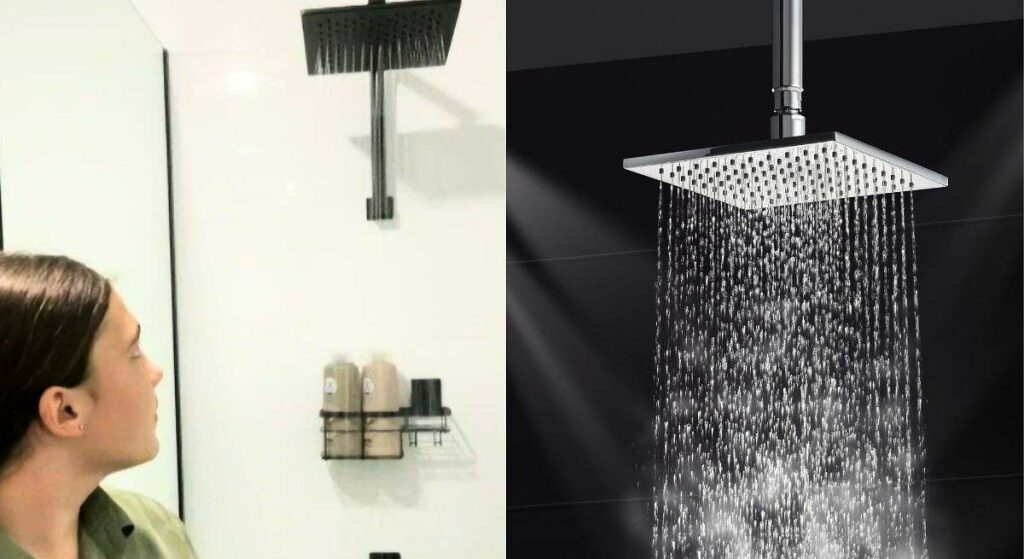
A project born out of a school project
This innovative idea was born in a challenge proposed by her school, Natural School of Port Macquarie. This is an independent, progressive and leading institution with a focus on the natural environment. The school allows students to connect with the environment and engage with their community, and was perhaps the beginning of a deep commitment Rani felt about water waste. In fact, as she tells ABC News, the idea occurred one night when she was deeply frustrated at the amount of water going down the drain as she waited for the water to reach the right temperature for a shower.
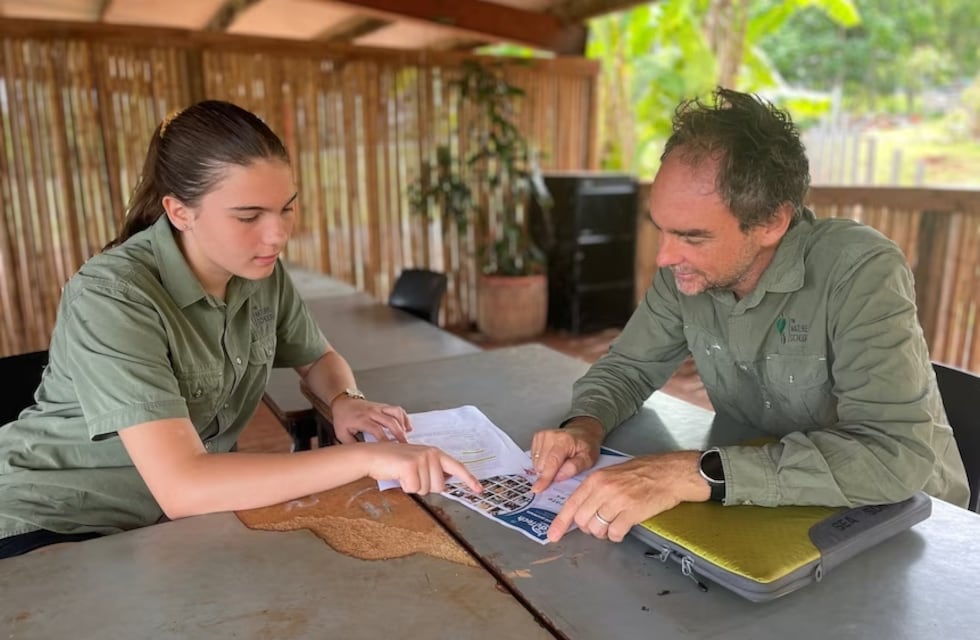
This is how she presented it to her school and according to the same source, her teacher, Lloyd Godsson, realised that the design was a simple and accessible way to save water in the home. In his words, ‘The students were not expected to produce a working prototype, but Rani exceeded all their expectations. It was the teacher who encouraged Rani to present her design at a young inventors’ conference at Sydney’s Powerhouse Museum. There she met Eman Solimman, founder and CEO of EduTech Australia, and that was the start of Rani’s new life as an entrepreneur.
From an idea to a product: how Aqua Loop works
This invention is both effective and simple and that is the key. The idea behind the invention is to install the Aqua Loop in the bathroom ceiling. The invention includes circuit boards, pipes, temperature sensors and solenoid valves. They work together to measure the water temperature in real time, i.e. from the moment the shower is turned on. The system recirculates the water until it reaches the optimum temperature. In other words, it retains the water until it is hot. In this way, no water is wasted during the process.
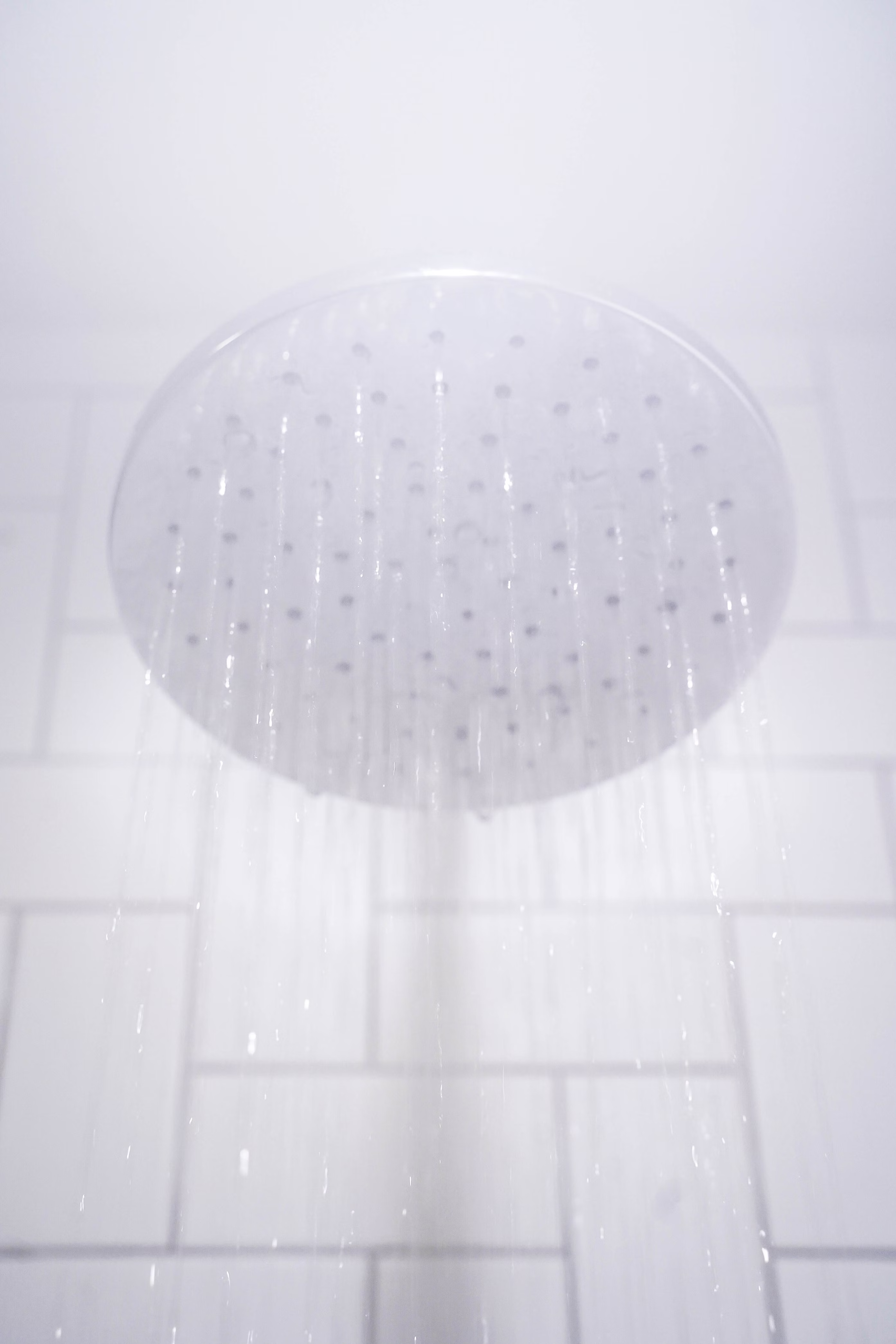
Suppose the shower takes two minutes to heat up. It is estimated that for every minute of showering, an average of 20 litres of water is consumed, implying that 40 litres can be wasted in each shower for each of Australia’s 26,487,000 inhabitants. If each inhabitant showers once a day, approximately 50 million litres of water are wasted per day waiting for the water to heat up. This high number can be avoided thanks to Aqua Loop.
The most interesting thing about the project is that it is affordable and accessible. A differential attribute that allows more people to install it in their homes.
[It’s] a device that you put on the ceiling and it prevents water from going to waste, so it doesn’t even leave the shower head, and it recirculates back into the hot water system or wherever the hot water system is coming from”,
Rani told ABC news
Rani’s story is just one of many stories of young people looking for sustainability and innovative ways to positively impact the world. Especially when it comes to a resource like water, which is finite.
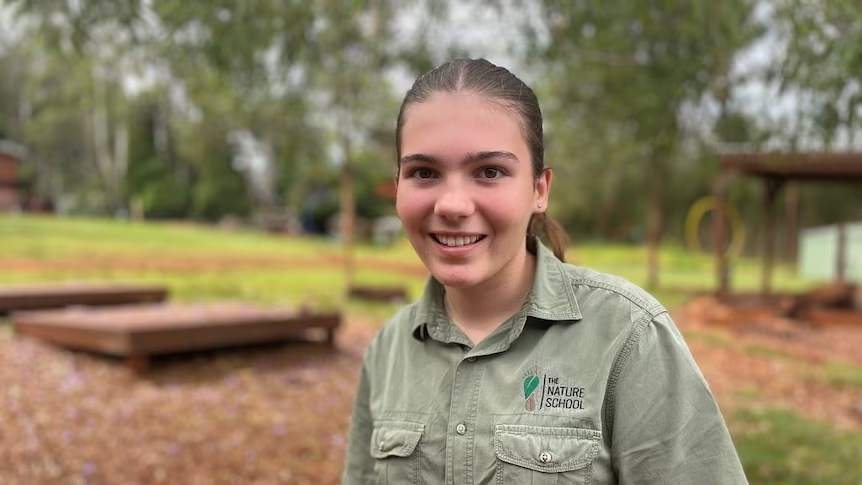
The future of Aqua Loop
Aqua Loop has attracted so much attention that it now has the support of EduTech Australia, which is supporting the commercialisation of this product and plans, in the future, to market it throughout the continent. It is hoped that this initiative born in Australia, a country facing a difficult future in terms of drought, will reach the rest of the world. The current goal is to turn this great idea into a viable business event.
The first step is to inspire girls, empower them and encourage them to take that step to be innovative in the ideas they want to achieve and in whatever dreams they have.
Eman Solimman, CEO of EduTech Australia, shared with ABC news
This idea has opened the door for her to participate in EduTech Australia’s STEAMS-Preneurs programme, where this invention was selected out of more than 200 as the most promising.
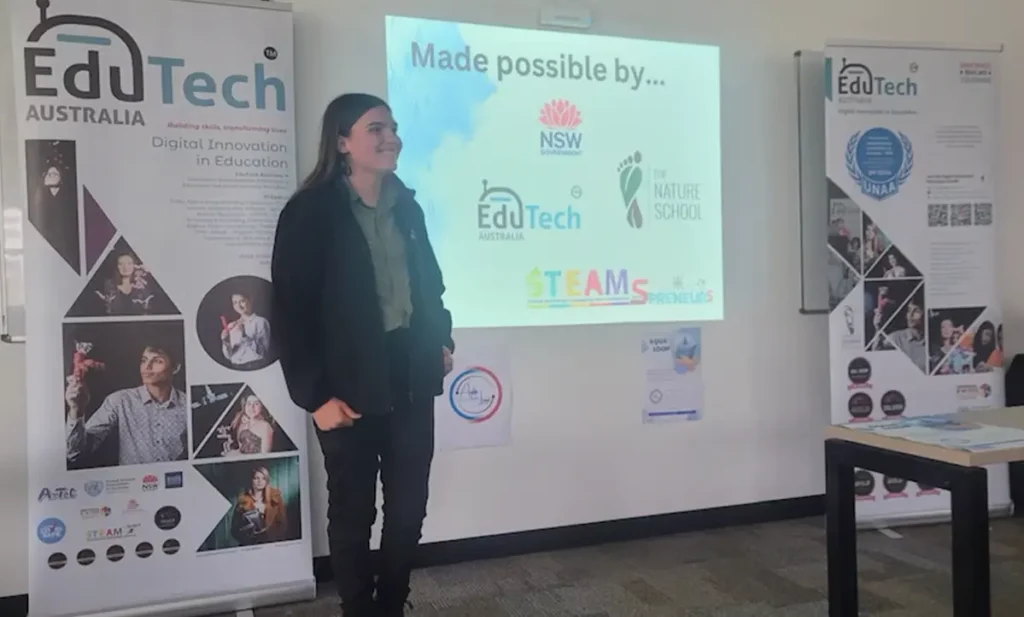
The answer is yes. Aqua Loop saves water, and lots of it per year and per person in the household. And this is just one of many initiatives that young people are proposing around sustainability. Increasingly, and thanks to school initiatives, students are setting out to be agents of change in their communities and seeking solutions to environmental problems. The international recognition of this invention undoubtedly encourages even more such initiatives by schools and universities.





